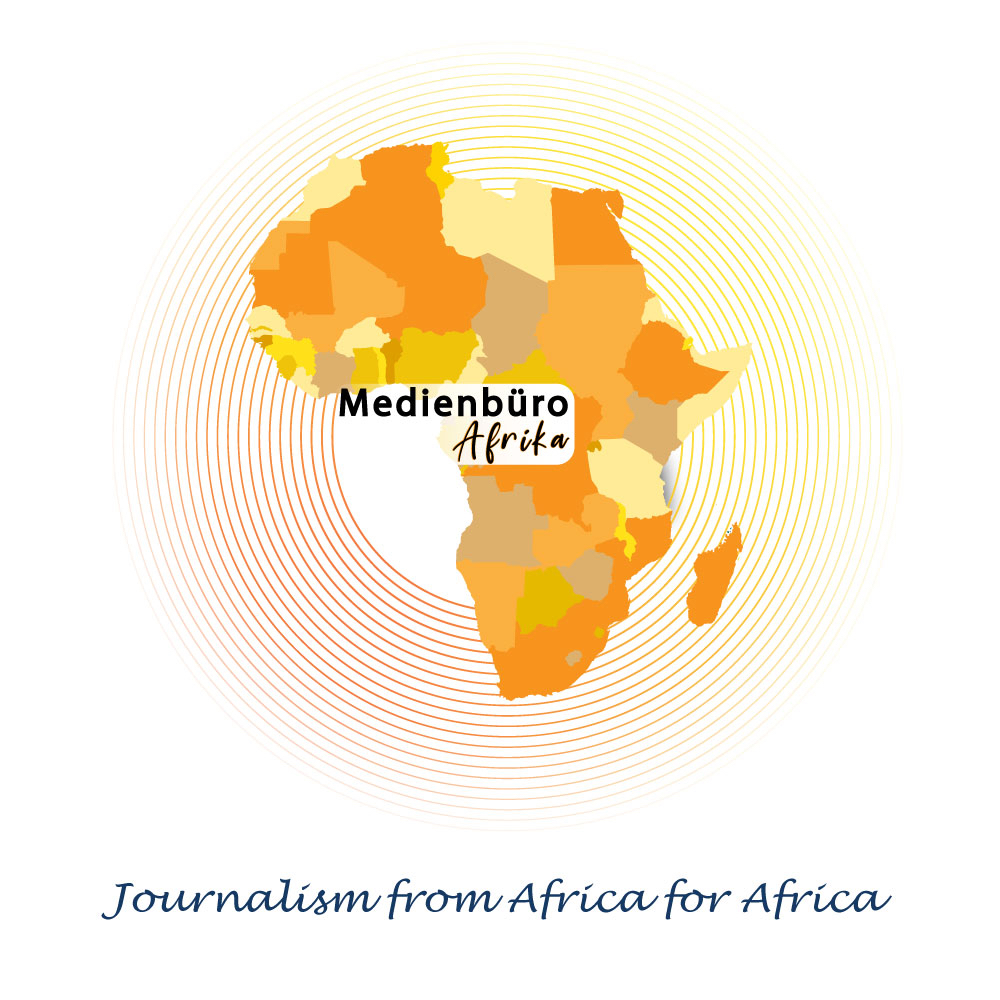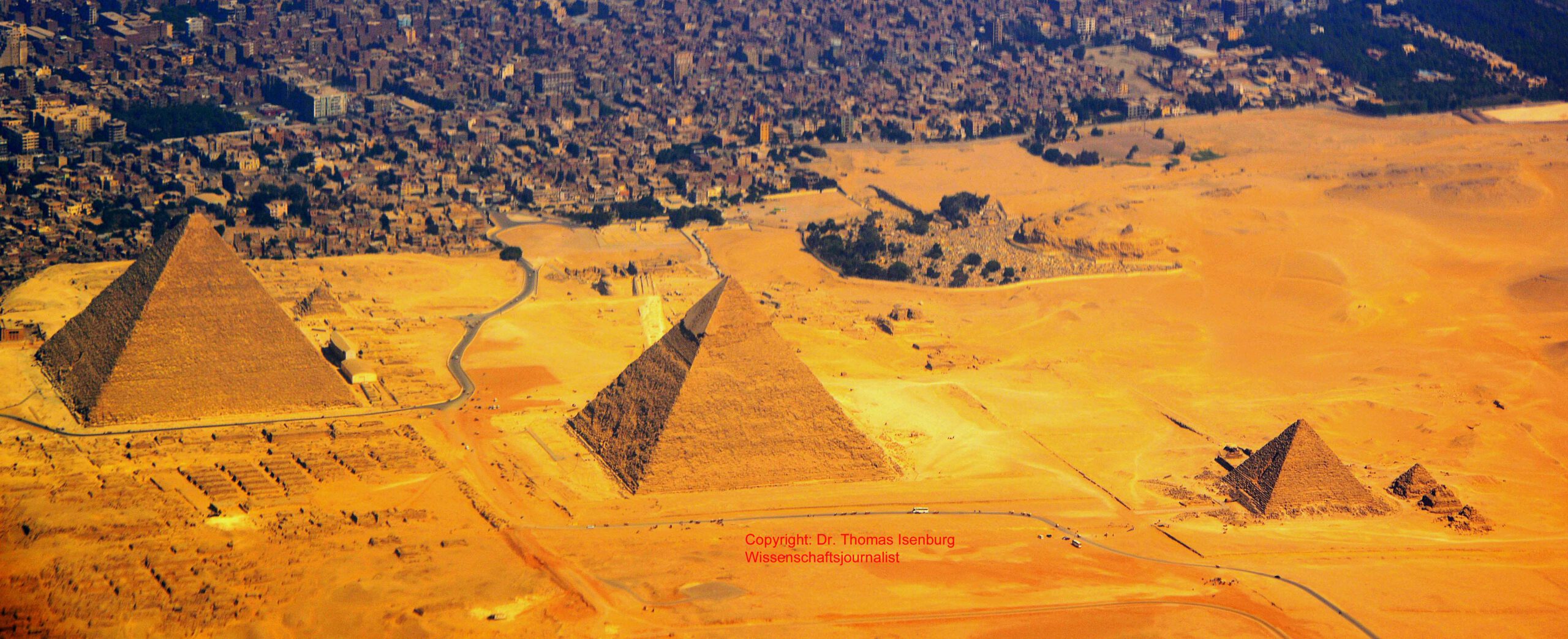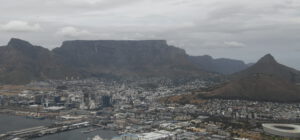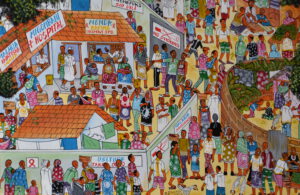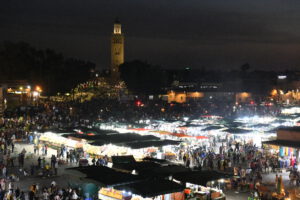Egypt: Is it faith, blessing or curse? The ancient Egyptians believed in the existence of deities. There were many names and functions for each deity. The Pharaoh was a demigod. He was the link between the people and the greatest deity. Obedience to the ruler became a sacred thing people built pyramids and temples for the burial of kings, as the ancient Egyptians believed in resurrection after death and eternal life, They excelled in construction and engineering, so they took the most valuable things they had to the graveyard, and we witnessed the masterpieces of art and advanced sciences they had achieved, and they invented the science of mummification. This belief led to Ramses II ruling Egypt for 66 years from 1279 to 1212 B.C. In modern times, Hosni Mubarak ruled Egypt from 1981 to 2011, thirty years…. But many things were different: in the past, countries were isolated islands from the world, so stability was more permanent and the belief to make a revolution was deeper and stronger, just as Qatar and Turkey allied with the Muslim Brotherhood terrorist organisation in Egypt and overthrew the Mubarak regime in 2011. Angela Merkel has now been chancellor in Germany for 16 years, and the question is: before, belief in the ruler made for glory and stability, now it is about the personality of the ruler, in the name of democracy, and other countries are exploiting this difference to destabilise. The democratic experiment in Egypt in 2011 almost led the country to hell without return, and if Egypt had fallen the then the whole Arab world would have fallen, especially the Gulf countries for the sake of oil…. I am an Egyptian, and I tell you today that the Arab countries will perish if their peoples try to claim their right to democracy…. Like someone who has no driving skills trying to drive a truck is giving it and waiting for security and peace to develop between people.
Comment: Gamal Nassar lived in Germany for some time and is very well connected there. We are friends. With Nassar’s help, I was able to plan a research trip to Egypt in advance. In the article, he addresses the issue of democracy in the Muslim world of North Africa, as he sees it. It is not an easy one, because with a liberal constitution, these countries can easily slide into Islamism, which is detrimental to social and economic development as a whole. In this, Nassar shares the opinion of not a few Egyptians, as I observe.
Author: Gamal Nassar
Already published
